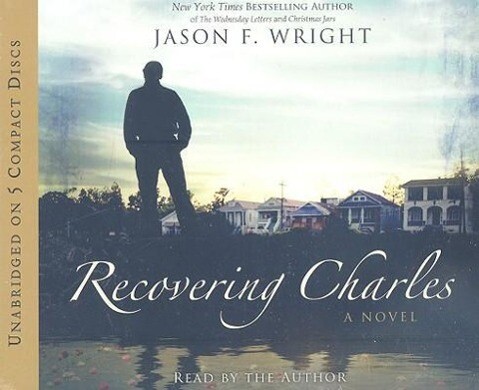
Zustellung: Mo, 30.12. - Mo, 06.01.25
Versand in 3-4 Wochen
VersandkostenfreiBestellen & in Filiale abholen:
Luke Millward watched the footage of Hurricane Katrina from the oversized leather couch in his Manhattan apartment. As a photographic journalist Luke had traveled to the world's most desolate and desperate places, but the images from the television were the first in his life that made him physically ill. Luke's estranged father, Charlie Millward also watched the scene unfold, but the longsuffering musician and alcoholic didn't need a television. He watched it from the roof of his tiny home in the St. Bernard parish of New Orleans. Charlie and Luke haven't spoken in nearly four years. There last contact came on a payphone inside a Western Union office near the French Quarter. Luke offered his father what he pledged was his last handout: $500. His father tearfully promised not to call again. That last conversation was playing in Luke's mind as the phone rang three weeks after Katrina devastated New Orleans. One of his father's band mates and best friends, Jerome, was calling with news that his father was still unaccounted for. Charlie's house was flooded but standing. Perhaps more from curiosity than fear, Luke leaves for New Orleans with his camera at his side and a desire to know definitively whether his father survived the disaster. Soon after his arrival Luke witnesses a traditional New Orleans funeral. He takes pictures, one of which would later win a Pulitzer. Later that evening he reviews the photos on his laptop and notices a white man at the corner of the procession. No matter how long he studies it, he can't be sure whether it's his father. Jerome introduces Luke to Bela, a young woman who waited tables at the restaurant where Charlie and Jerome played three nights a week. As afavor to Charlie, her dear friend, Bela agrees to accompany Luke as he searches for his father and a romantic interest d
Produktdetails
Erscheinungsdatum
15. Oktober 2008
Sprache
englisch
Auflage
Ubr
Seitenanzahl
4
Laufzeit
360 Minuten
Autor/Autorin
Jason Wright
Verlag/Hersteller
Produktart
CD
Gewicht
177 g
Größe (L/B/H)
142/168/27 mm
GTIN
9781590389805
Bewertungen
0 Bewertungen
Es wurden noch keine Bewertungen abgegeben. Schreiben Sie die erste Bewertung zu "Recovering Charles" und helfen Sie damit anderen bei der Kaufentscheidung.










